Gut Bacteria May Play a Key Role in Preventing Diabetes and Obesity
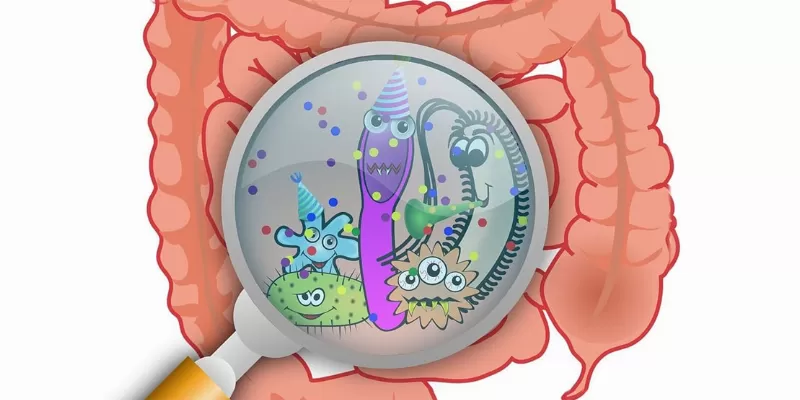
31 August 2023
In an innovative study, researchers from RIKEN Center have identified specific gut bacteria that may play a pivotal role in battling insulin resistance, potentially safeguarding against type 2 diabetes and obesity. Published in Nature, the study analyzed fecal microbiomes and revealed that increased insulin resistance was associated with higher fecal carbohydrates.
Notably, those with heightened insulin resistance had more Lachnospiraceae bacteria, while those with lower levels had more Bacteroidales-type bacteria, especially Alistipes indistinctus. In lab experiments, A. indistinctus reduced blood sugar and insulin resistance in obese mice.
Dr. Hiroshi Ohno and his team at Japan's RIKEN for Integrative Medical Sciences, embarked on this challenging topic by meticulously analyzing fecal microbiomes from more than 300 adults. They found that those exhibiting higher levels of insulin resistance had an increased presence of carbohydrates in their fecal matter. Strikingly, specific monosaccharides, such as glucose, fructose, galactose, and mannose, were especially prevalent.
Diving deeper into the composition of the gut bacteria, the team revealed that individuals with heightened insulin resistance had an abundance of bacteria from the Lachnospiraceae order. Conversely, those with lower insulin resistance levels were found to have a higher presence of Bacteroidales-type bacteria, particularly the species Alistipes indistinctus.
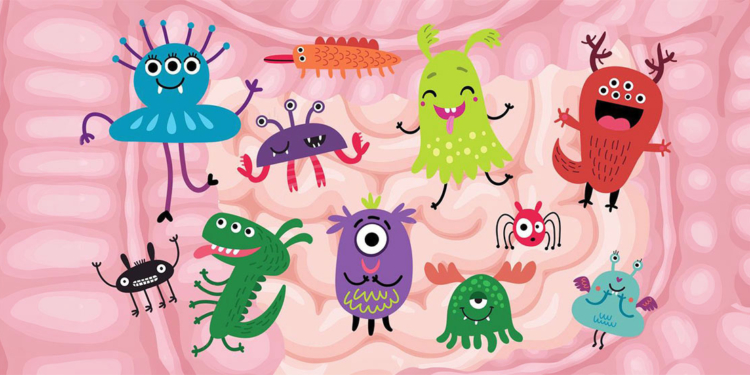
In laboratory conditions, the Bacteroidales bacteria showed a propensity for consuming the same types of monosaccharides found in the feces of individuals with high insulin resistance. Notably, Alistipes indistinctus consumed a broad variety of these sugars.
The team then transitioned their experiments to obese mouse models. After treating these mice with various bacteria, it was observed that those treated with A. indistinctus displayed reduced blood sugar levels, diminished insulin resistance, and decreased carbohydrate availability.
The presence of the Lachnospiraceae bacteria in the gut could act as an early warning sign, or biomarker, for pre-diabetes. Moreover, there's the exciting possibility that probiotics containing A. indistinctus might help those with prediabetes by improving glucose intolerance. However, Dr. Ohno has advised caution. While these results shine a light on promising new avenues for treatment and prevention, he emphasized the necessity of additional human clinical trials to validate these findings.
Dr. Ohno, pointed out: “Because of its association with insulin resistance, the presence of gut Lachnospiraceae bacteria could be a good biomarker for pre-diabetes. Likewise, treatment with probiotics containing A. indistinctus might improve glucose intolerance in those with prediabetes. These findings need to be verified in human clinical trials before we can recommend any probiotic as treatment for insulin resistance.”
Abstract of original research
Gut microbial carbohydrate metabolism contributes to insulin resistance
Abstract: Insulin resistance is the primary pathophysiology underlying metabolic syndrome and type 2 diabetes. Previous metagenomic studies have described the characteristics of gut microbiota and their roles in metabolizing major nutrients in insulin resistance. In particular, carbohydrate metabolism of commensals has been proposed to contribute up to 10% of the host’s overall energy extraction, thereby playing a role in the pathogenesis of obesity and prediabetes. Nevertheless, the underlying mechanism remains unclear. Here we investigate this relationship using a comprehensive multi-omics strategy in humans. We combine unbiased faecal metabolomics with metagenomics, host metabolomics and transcriptomics data to profile the involvement of the microbiome in insulin resistance. These data reveal that faecal carbohydrates, particularly host-accessible monosaccharides, are increased in individuals with insulin resistance and are associated with microbial carbohydrate metabolisms and host inflammatory cytokines. We identify gut bacteria associated with insulin resistance and insulin sensitivity that show a distinct pattern of carbohydrate metabolism, and demonstrate that insulin-sensitivity-associated bacteria ameliorate host phenotypes of insulin resistance in a mouse model. Our study, which provides a comprehensive view of the host–microorganism relationships in insulin resistance, reveals the impact of carbohydrate metabolism by microbiota, suggesting a potential therapeutic target for ameliorating insulin resistance.





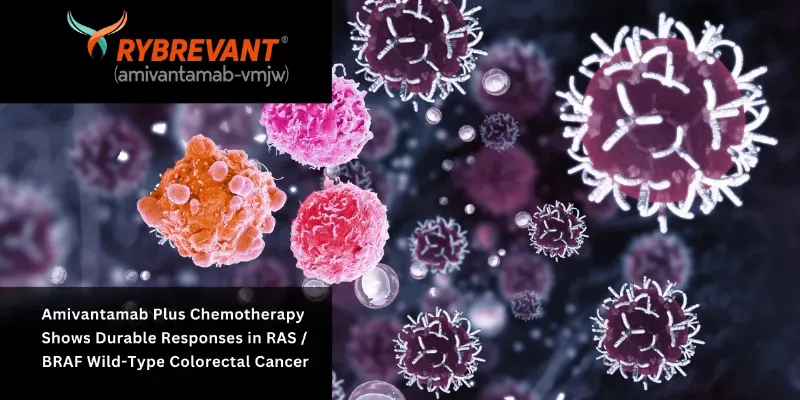
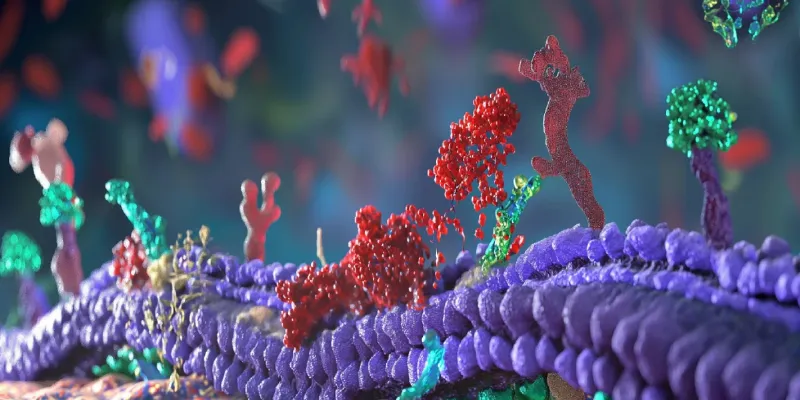

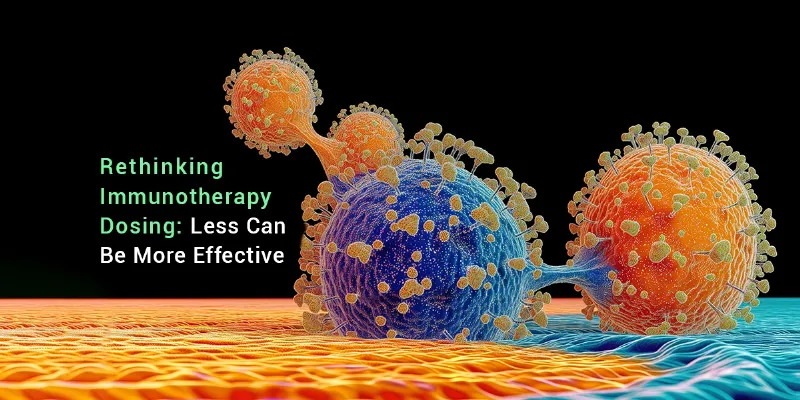
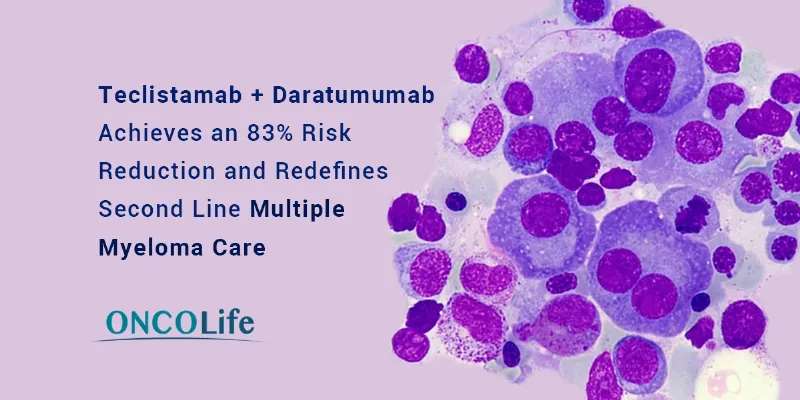
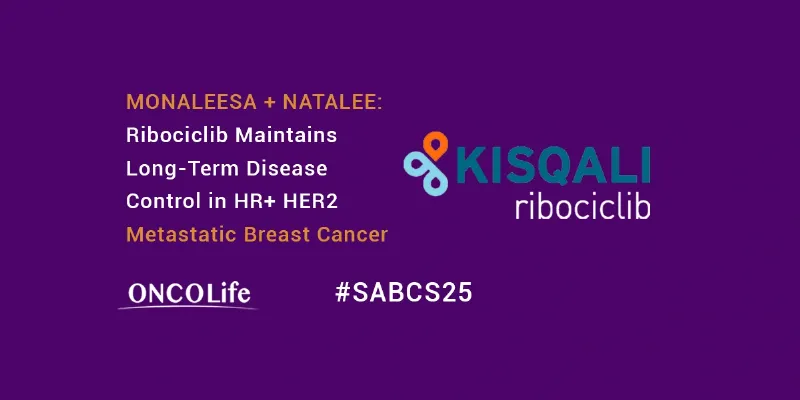
Comments
No Comments Yet!